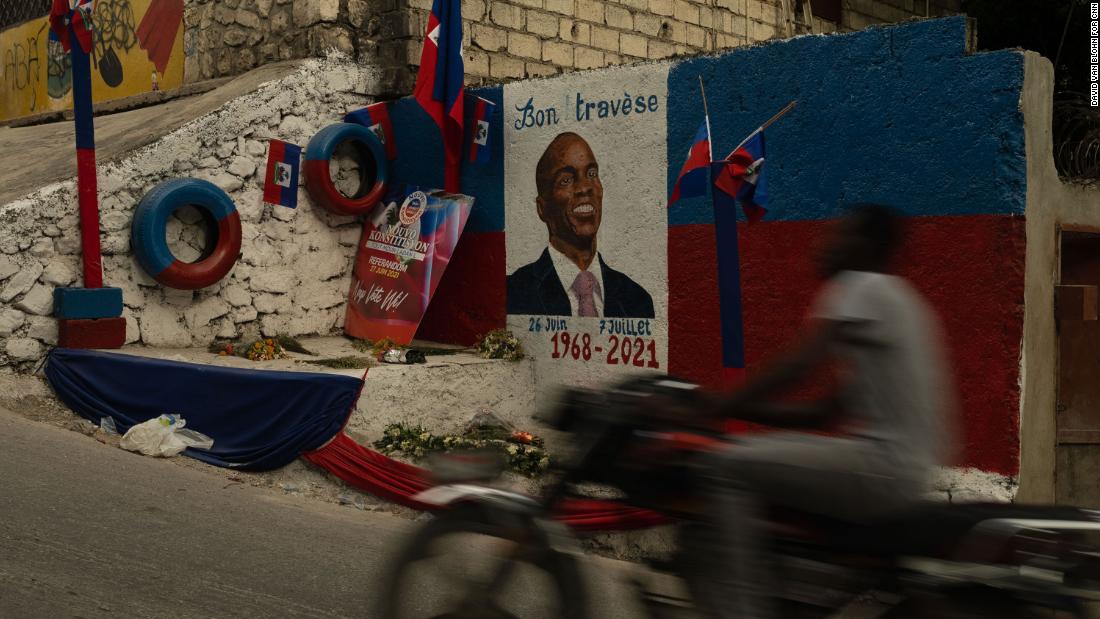Advocates Rally For Latest Version Of New York’s ‘Clean Slate’ Bill
The previous iteration of the New York reform bill passed in the senate but failed in the Assembly. Advocates and lawmakers are hopeful the latest bill will help seal an estimated 2.3 million New Yorkers criminal records.

Advocates gathered in Albany on Tuesday as New York lawmakers are set to introduce the latest version of the Clean Slate Act.
Senate Bill S211 would seal conviction records automatically after three years of a completed sentence for misdemeanors and seven years for felonies. The individual must also not be under community supervision or have any new convictions. People convicted of sex crimes are excluded from the bill.
If passed, the legislation would seal the criminal records of roughly 2.3 million New Yorkers.
During Tuesday’s rally, several previously incarcerated individuals who would have their records sealed with the passage of the legislation shared their support for the bill.
“We need to speak loud enough so they can hear us,” said Ismael Diaz Jr., a Center for Community Alternatives leader at the rally. “But we need them to listen to us.”
“We don’t need a leader. We need to lead,” Diaz said. “We don’t want to compromise. We want to rise. We don’t want to be pacified. We need to be reclassified.”
Diaz Jr. told the crowd he had trouble maintaining employment after his time in prison. He has since finished a master’s degree and started his own business.
“I will continue to build my business and hire formerly incarcerated individuals,” Diaz Jr. said. “And empower them with knowledge and teach them the skills they need to excel and inspire them to never give up on themselves.”
The previous Clean Slate bill passed the Senate last year but was held up and ultimately died in the Assembly. Public safety concerns were among the most significant drivers of the bill’s failure.
But Assemblywoman Catalina Cruz, a sponsor of the bill, said that all sides have compromised, highlighting how the latest bill allows law enforcement, judges and the state Education Department to access a person’s sealed records as part of investigations, licenses for sensitive professions or criminal sentencing.
“Now what excuse do we have?” she asked at the rally. There, Cruz turned her back on the podium several times to speak directly to family members of the formerly incarcerated individuals who the passage of the bill would impact.
She argued that the bill would improve public safety since communities are safer when people are working.
Eddie Gibbs, the first formerly incarcerated New York Assembly member, also advocated on behalf of the bill as a lawmaker and formerly incarcerated person.
“We are not property,” he said. “We are human.”
Senator Jamal Bailey then called Gibbs back to the podium, pointed at him, and said: “this is why you need legislation like this.”
In addition to lawmakers and formerly incarcerated people, several labor union leaders and officials with the state Business Council attended Tuesday’s rally, rallying behind the Clean Slate Act.
According to the Brennan Center for Justice, the bill could generate an estimated $7.1 billion in additional revenue for the state annually.
Additionally, a Center for Economic and Policy Research study estimates an $87 billion annual GDP loss nationwide from excluding individuals with conviction records from the workforce.
Assemblymember Anna Kelles, in her speech, touted the success of clean slate bills in other states, including Republican-majority states.
Similar legislation earned bipartisan support and passed in Utah, Connecticut, California and Michigan. Texas, Missouri and West Virginia are considering their own version of the bill.
Hilberto Ramos, who said he was released in February after being released from a 25-year to life sentence, obtained a master’s degree while he was incarcerated. Since coming home, he has faced rejection after rejection because of his history.
“They should ask me what I am today,” Ramos said.
Pastor Aaron Chancy, a fellow speaker who was formerly incarcerated, now has his doctorate.
The Clean Slate bill “has the opportunity to give people a second chance at life,” Chancy said.

 Landwebs
Landwebs 























